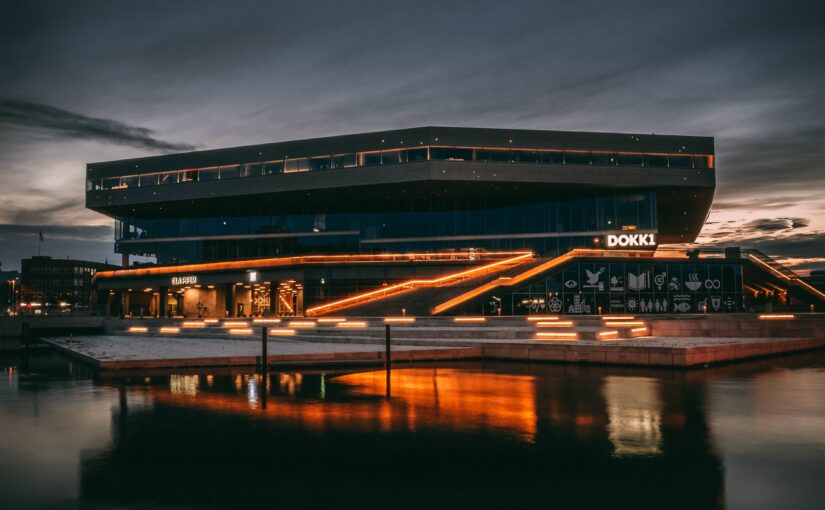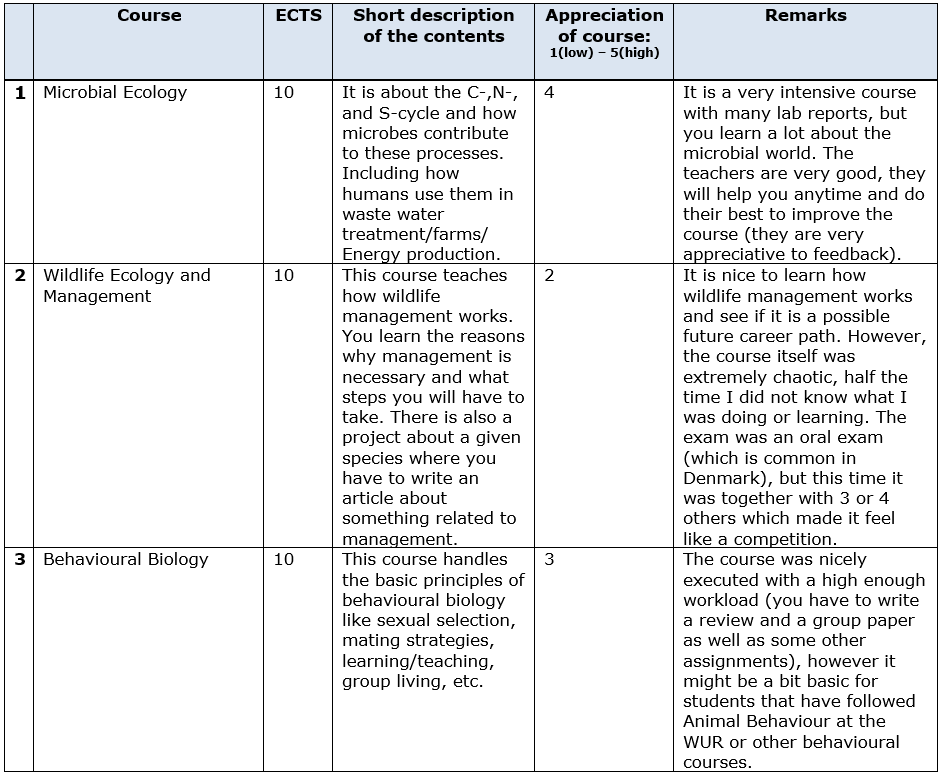Field of study in Wageningen: Biology
Study period exchange: 22/01/2023 – 15/06/2023
Country (exchange): Denmark
City (exchange): Aarhus
University (exchange): Aarhus University
Faculty (exchange): Faculty of Natural Sciences
2. Motivation for exchange
Why did you choose to go on study exchange?
There are multiple reasons why I decided to go on an exchange period. Firstly, to learn more about different countries/cultures and the people in it. Personal growth was also a big factor, because for the first time I had to do everything myself in a country where I don’t speak the language or know anybody (beforehand). Also, the chance to travel to another place was an experience I didn’t want to let go.
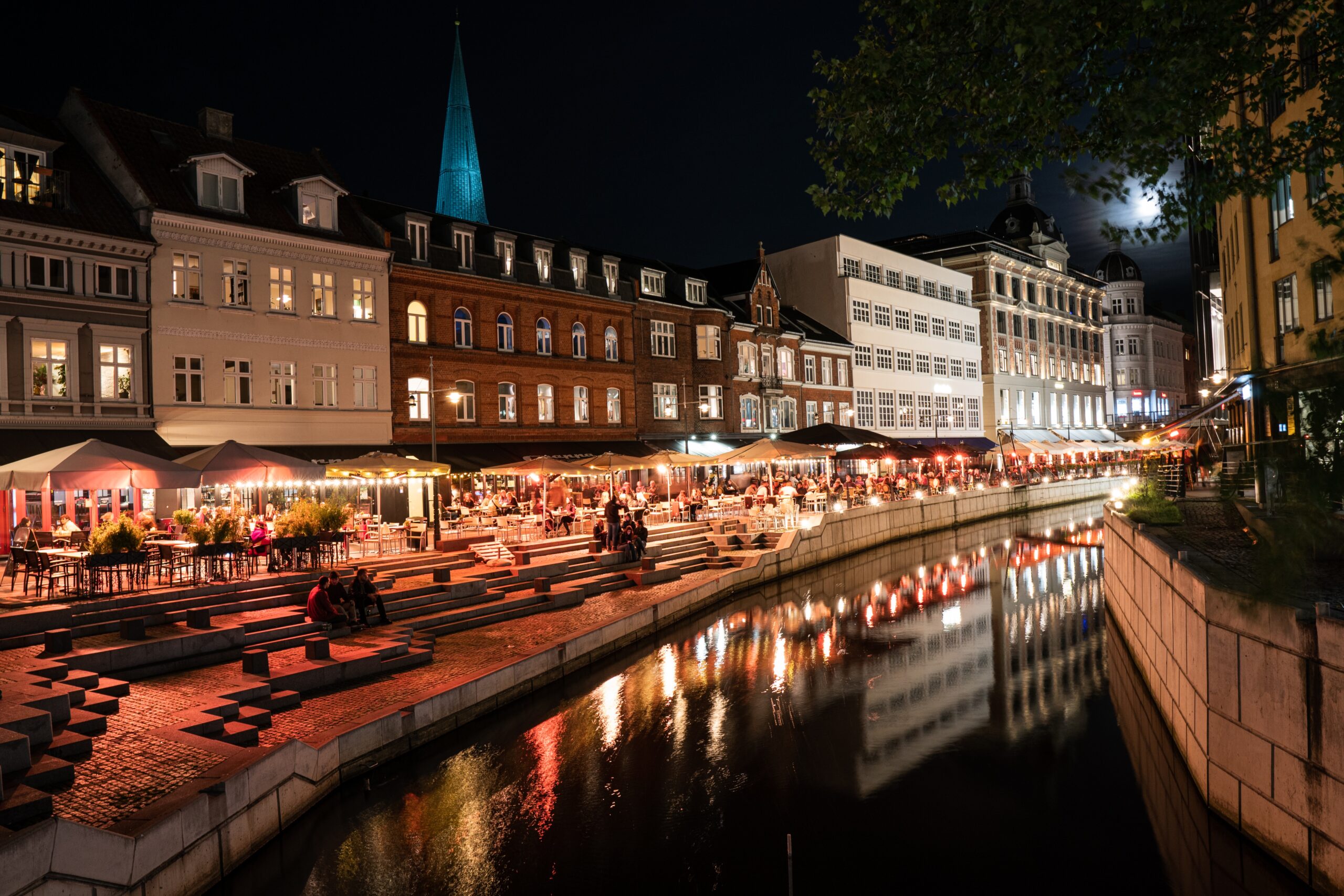
What is the reason you chose for this country/university?
I wanted to go to a country where the people had a high English proficiency, since it was quite scary for me to do this all by myself and wanted to make sure I could ask for help when needed. I must admit that Aarhus University was not by first choice and I got accepted only in the second round, but still everyone speaks English almost perfectly in Denmark.
3. Accessibility to reach destination
Do you have any tips to reach your exchange destination?
From The Netherlands the city of Aarhus was fairly easily reachable by Flixbus. There will most probably be one transfer in either Hamburg or Kolding (Denmark), but if you plan it right the wait time wont be too long. Overall it will take you somewhere between 10 to 14 hours depending on the starting location. So if you have no trouble sleeping in busses you can easily travel to Aarhus for less than 100,- euro and in an environmentally friendly way.
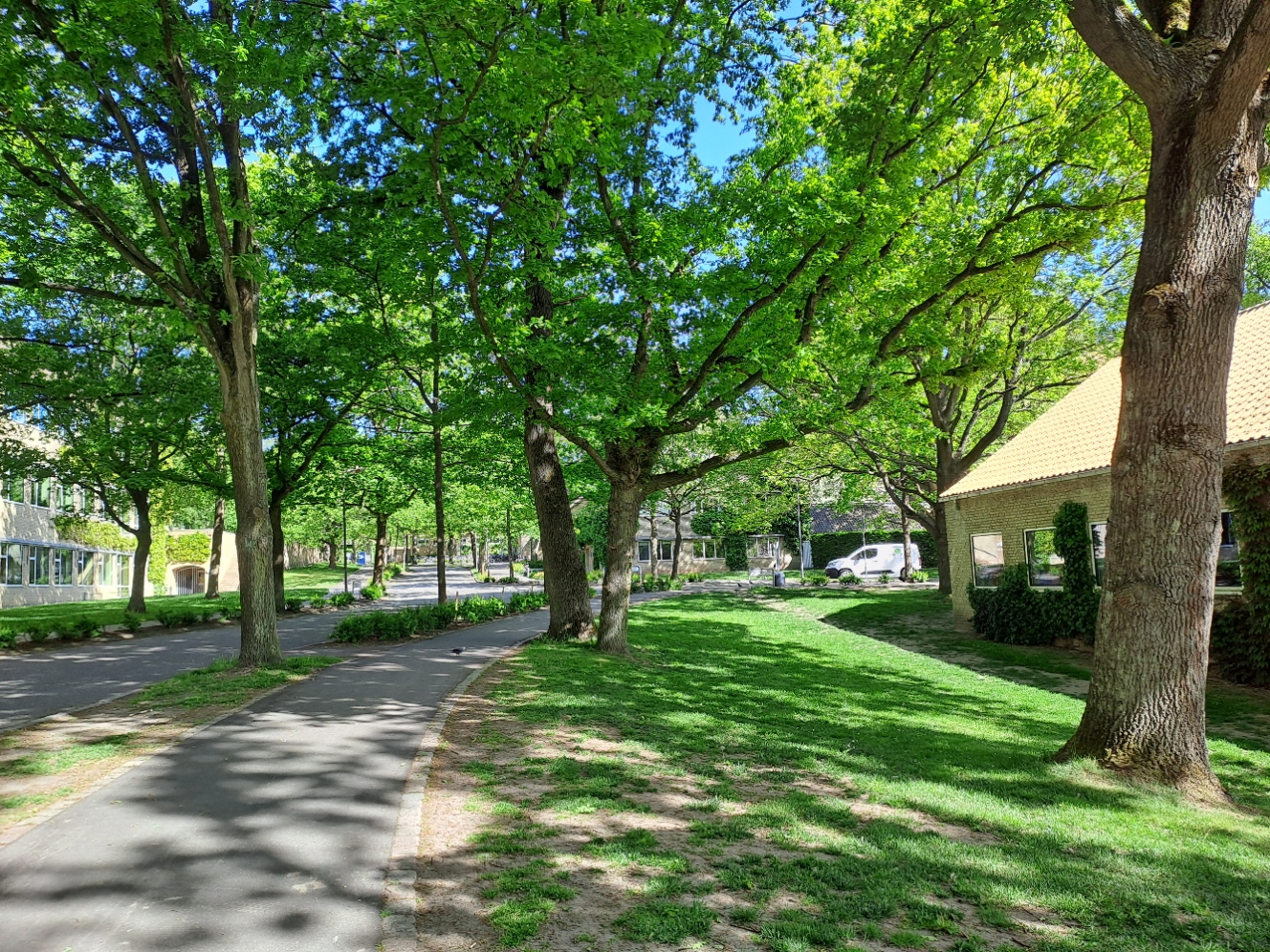
4. University and studying
Could you provide some general information about the followed courses?
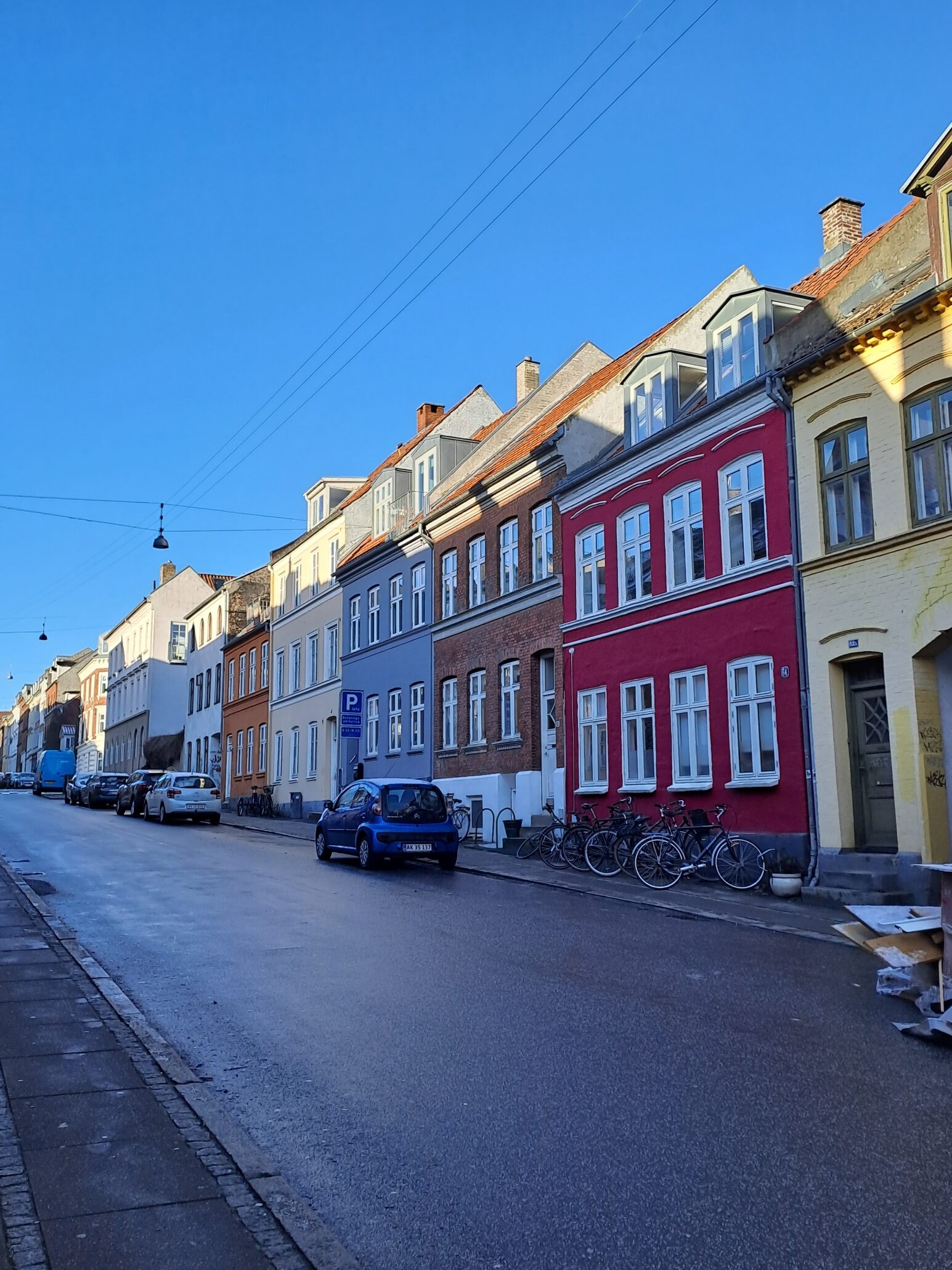 How is the study formalized?
How is the study formalized?
-
- Microbial Ecology: There are different modules with different teachers. They include lectures, practicals, assignments about scientific articles and hand-in lab reports about the practicals. The exam is a written examination about all of the handled lesson material as well as chapters in Brock that are mentioned. The workload is high as well as the academic level, but it is doable if you put in your hours.
-
- Wildlife ecology and management: There are many lectures that include in-lecture discussions. There are a couple of assignments that are usually followed by a discussion or presentation. Some of these assignments will be used during the examination as well as one big assignment. The exam is an oral examination together with the people you wrote the big assignment with. Along with these assignments the lesson material of the lectures/book will also be handled in the exam. The workload is mostly up to yourself, all lectures are mandatory but how many hours you spend on the bigger assignment is entirely up to you (although it will reflect on your grade). There is also an excursion to a nature reserve.
-
- Behavioural Biology: Mandatory lectures during the first half of the period including interesting guest lectures. Once or twice a week there will be a group assignment about a paper concerning the topic of the lectures. The second half of the period you will write a scientific paper in a group about a topic of your choice. The exam is about this paper and the lesson material/book that fits this topic. It is officially an oral exam but it is mainly a practised presentation with a few questions afterwards. The grade consists of this exam and an individually written review about a topic of your choice. The workload is not too much or too little, however the academic level might be too low for people that have followed Animal Behaviour at the WUR, since it handles a lot of the same topics.
What is the culture of the university?
Like in Wageningen, the lecturers prefer to be called by their first name and are easily approachable. The classes are usually fairly large, however I had very small classes which made it very personal. Danish students and other Danish people tend to be wary around foreigners, but that doesn’t mean they don’t like you. They might not approach you first but they are extremely nice and always willing to help. Furthermore, there is a very big drinking culture in Denmark, which might be a bit off putting since it is part of most social gatherings and sometimes people don’t know when to stop. Lastly, Danish students usually attend university at a later age, since they take gap years to make money and travel after high-school. Thus, your peers might be a lot older than you.
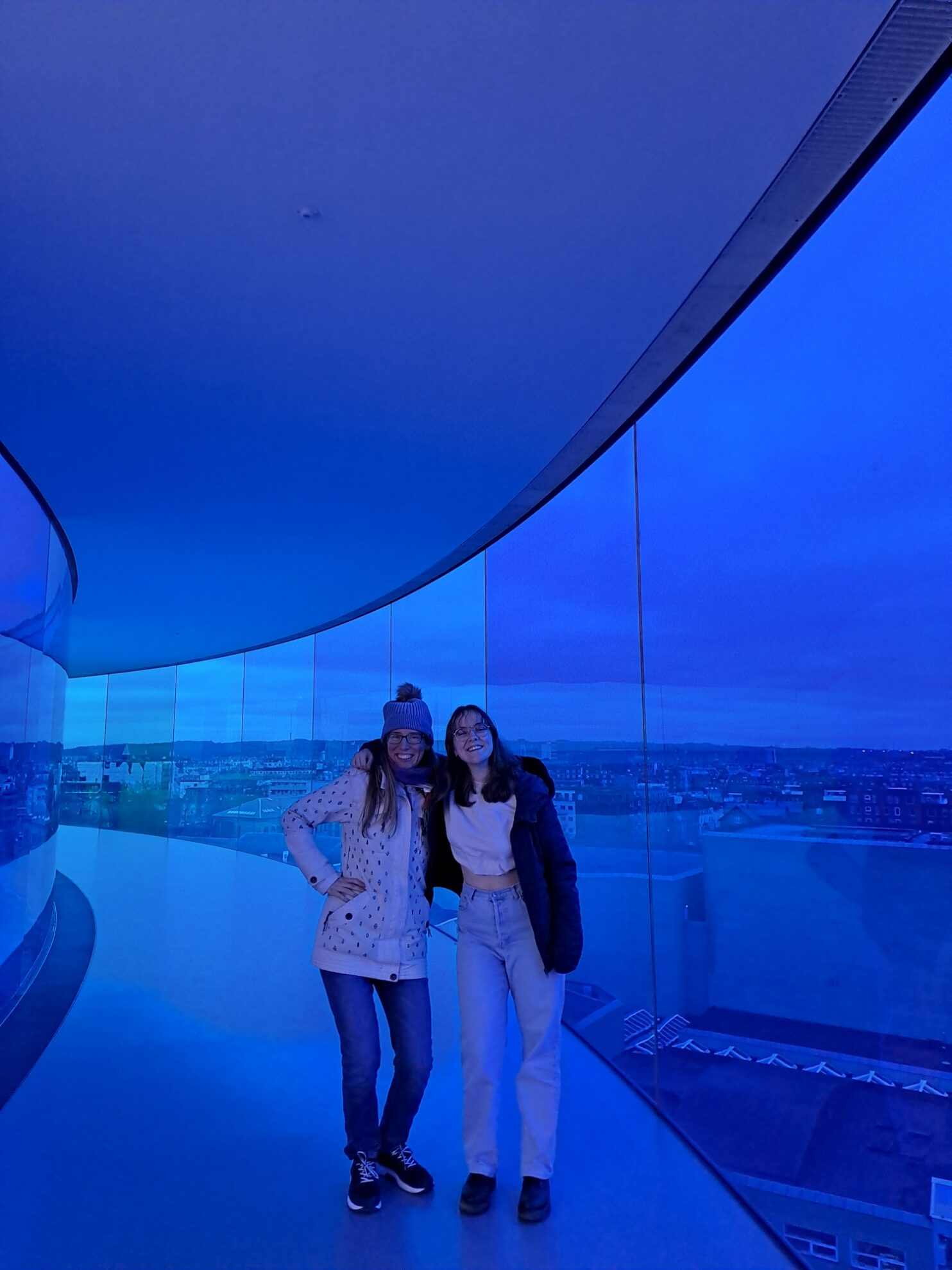
What does the university offer the student additionally?
There are a lot of bars open on Friday that are located on campus. There are also enough canteens with cheap and good food, as well as kitchens for every department that you can use. Furthermore, many bathrooms are unisex and for everyone to use. Then, there are many libraries and study locations on campus as well as an online library. ESN is also present at Aarhus for international students and they organise many parties, trips and activities. Some museums are located on campus as for example the natural history museum which has free entrance for biology students.
5. Housing-travelling-living
What are the possibilities for housing?
You can apply for housing at the international centre and you can specify your preferences. You get one offer which you can then accept or reject. Some of the housing is on campus, some is off campus, it can be with a shared or private bathroom and/or kitchen. Rent varies but is overall high. The deposit is usually a lot higher in Denmark since you will most probably not get everything back.
What is the culture of the country like?
The culture is not very different from The Netherlands. People are however a lot more private and will not talk to you on the street. The country is also a lot safer than The Netherlands and people will leave their stuff unattended everywhere, even in the big city.
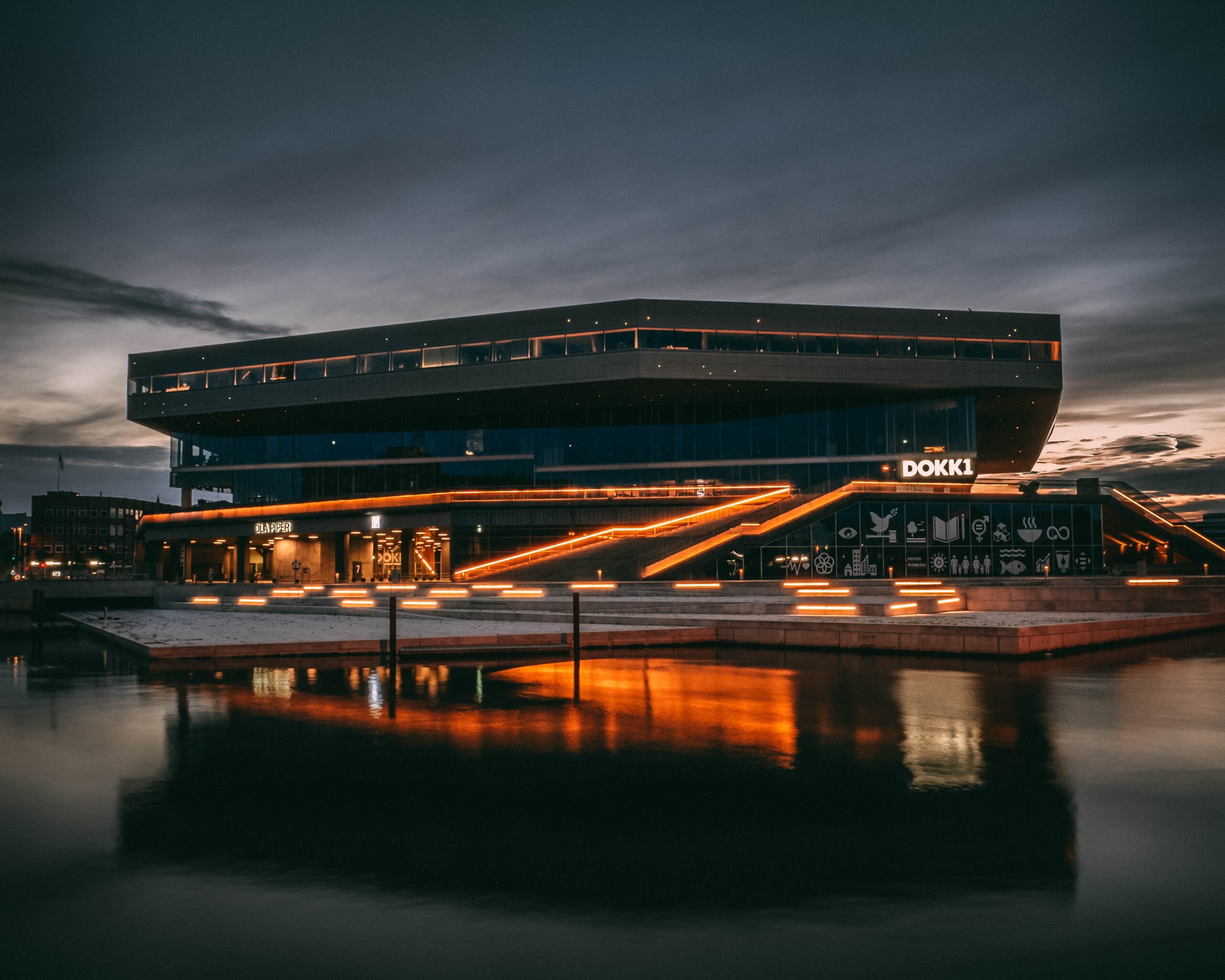
Could you give a general price indication of the place of residence compared to living in Wageningen?
My rent is cheaper than in The Netherlands (around 530,- euro for a studio with a private kitchen and bathroom) which is cheap for Danish standards. Food at the grocery store can be very expansive but if you shop at cheap stores and get the cheaper brands you can get it for cheaper than in The Netherlands. Meat and candy are expensive however. Restaurants, cafes, clothing stores, etc. are usually quite expensive, but there are many thrift stores.
Could you give some information about public transport infrastructure?
Most people travel by bicycle. There are many buses in the city, but they can be expensive (around 3 euro for a one-way ticket if you stay in the city). There is a train station to the rest of Denmark, and there is an airport about 40km from the city.
6. Free time
What are must-sees in the area?
Some must sees: The city centre with the dom-church and the latin quarter. The botanical garden and den Gamble by (this is a recreational street with houses from different time periods). The harbour and DOK1. A little outside of the city is a deer park, with very friendly deer. In the summer there are a lot of very nice beaches north of the city. Most of this is easily reachable by bicycle, but public transportation can be used as well.
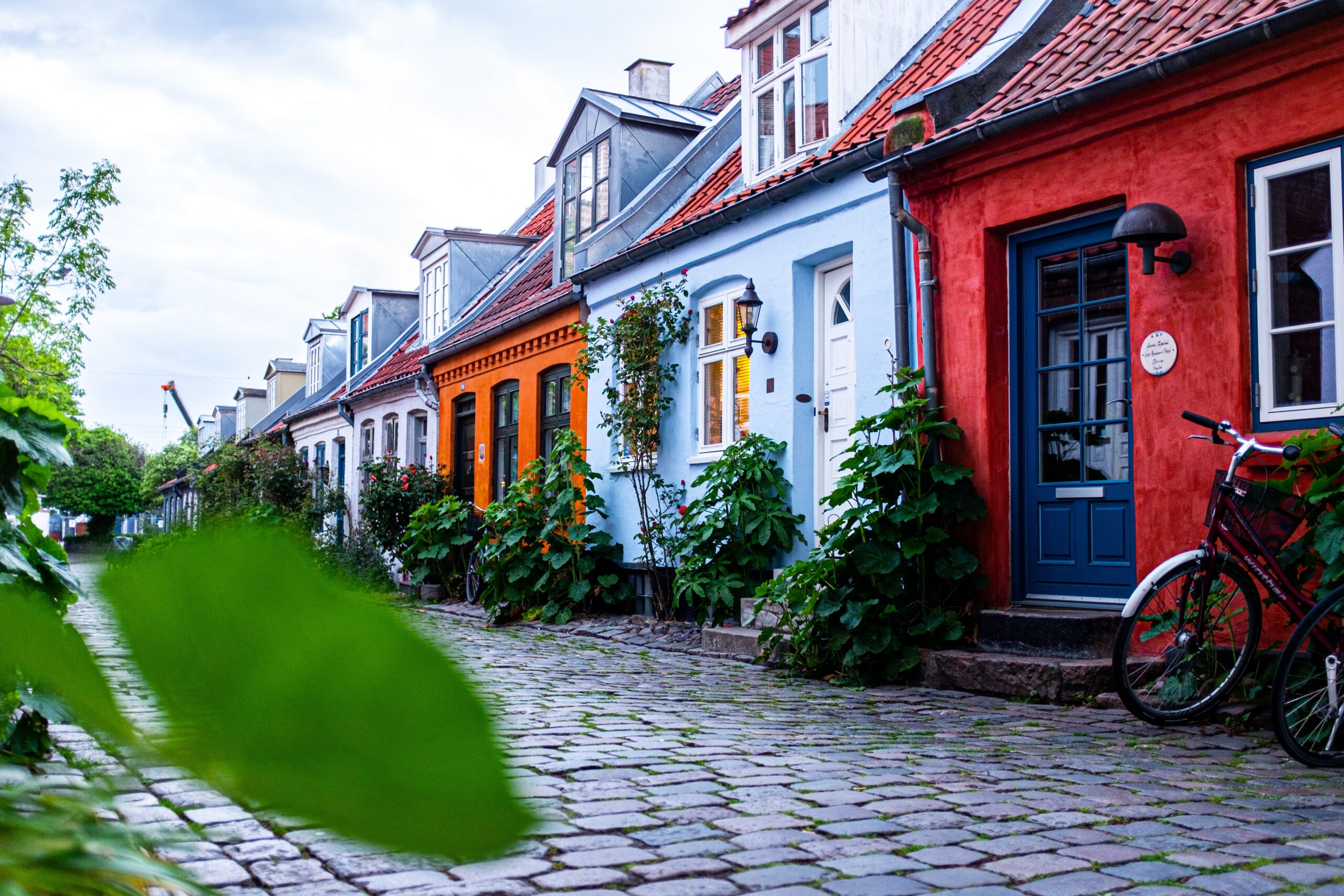
What does not appear in the travel guide, but is worth a visit?
The deer park is present in the travel guides, but in the summer almost nobody visits it. It is nicer than most people expect since the deer will definitely come close enough for you to pet them/feed them especially when no one else is around.
Do you have general tips and tricks about leisure time?
The parties by ESN are a great way to get cheap beer and meet a lot of other international students. Also, definitely go to the so called Friday-bars that are everywhere on campus. In Denmark they don’t often drink mixed drinks and they can be very expensive, so keep to the beer if you like it.
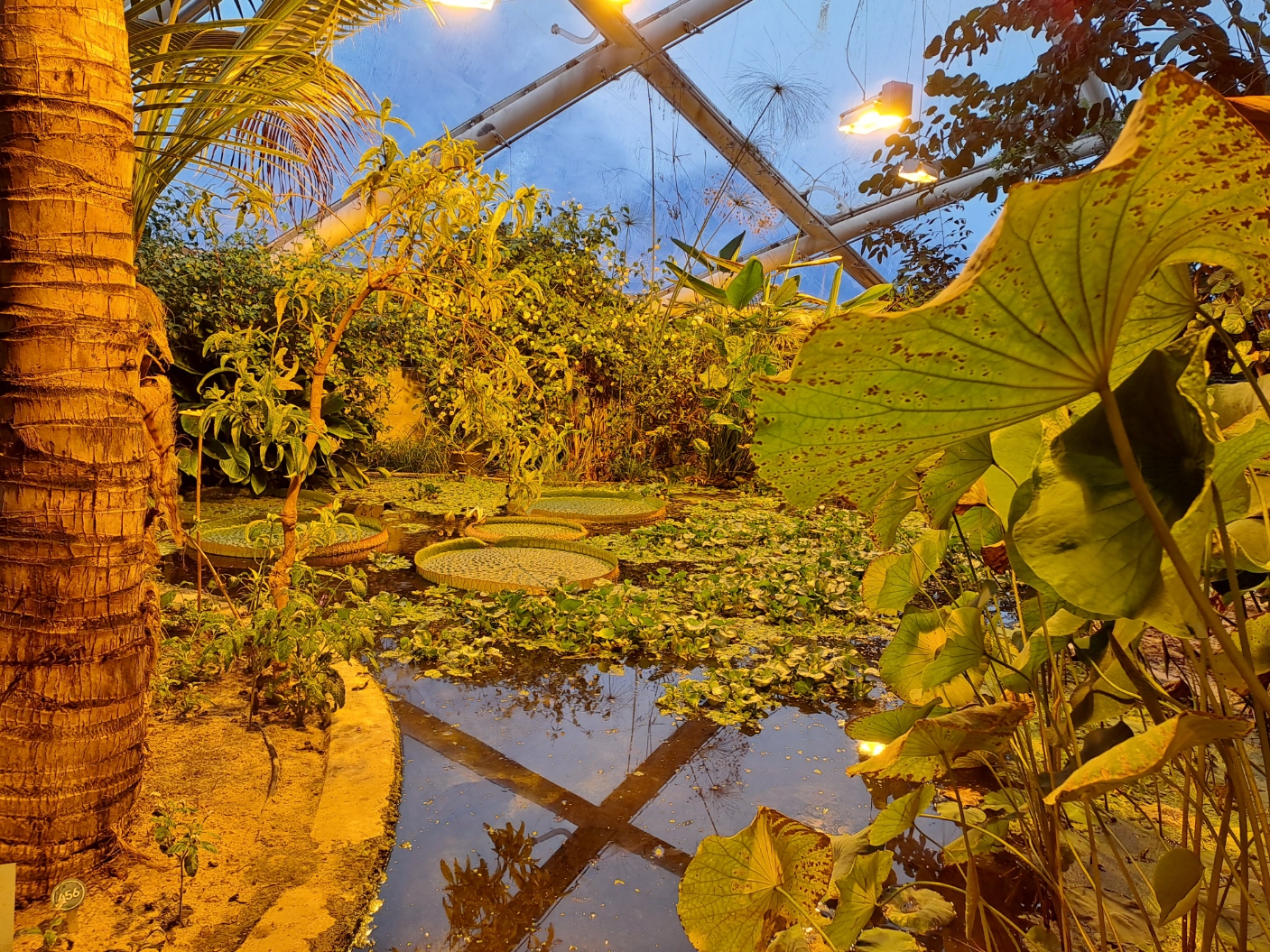
7. Challenges & best moment abroad
What was a challenge you have experienced?
In Denmark there are a lot of small grocery stores, but not many big ones. These small stores do not always have what you need, especially when it comes to meat and vegetables, so make sure you’re able to improvise. Furthermore, in Denmark everyone uses Mobile-Pay, which is kind off similar to Tikkie but you can use it in every store as well. You can only get this yourself if you apply for a Danish bank account and a Danish phone number, so most internationals choose not to get it. In most Friday-bars and some other student-related activities you can only pay with Mobile-Pay. Sometimes they accept cash but Danish people never carry cash so it is unusual.
What was your best memory abroad?
There is a big festival every year in April, where teams from different departments will cross the lake in the university park in a boat after chugging a beer. The team who is fastest wins. It is very well known in Denmark and tens of thousands of people will show up. Some people arrive around 2AM while the event itself starts at noon.

8. Contact details
Would you like to ask Lisa more questions about her exchange?
Send her a mail: lisa1.vanvliet@wur.nl

